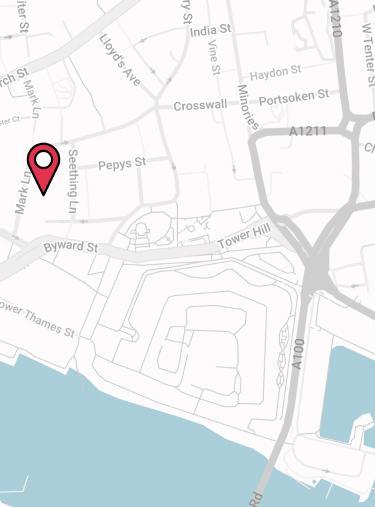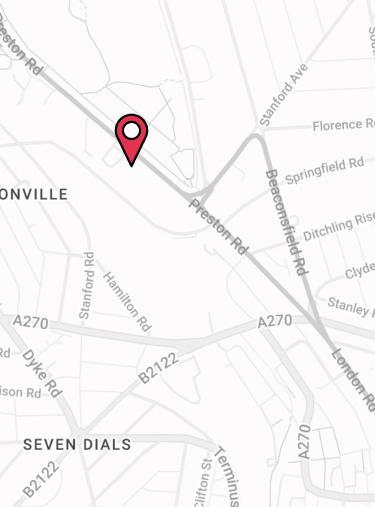How Does HMRC Tax Shareholder Protection?
I’ve been looking into Shareholder Protection because I think my business now needs it. I’m a majority shareholder in my company and have minority shareholder partners.
I want to ensure the business will be secure should something happen to me or one of my partners. This is because the company doesn’t currently have the liquid funds to buy back the shares of a deceased shareholder. The shares would therefore likely pass to a family member if a shareholder died, which wouldn’t be ideal for the company at all.
However, I’m not sure how Shareholder Protection is taxed. Could you explain?
As you say, Shareholder Protection Insurance covers your business if a shareholder dies (or becomes critically ill, if you’ve added Critical Illness Cover to your policy).
It pays out so the remaining shareholders can buy back the absent shareholder’s shares, keeping control of the business.
However, Shareholder Protection is perhaps the most complex policy Drewberry helps clients with. This is especially true when considering its tax position.
Buying Shareholder Protection…
For example, there are three ways to purchase Shareholder Protection:
- On a life of another basis
- The company share purchase route
- On an own life under business trust basis.
Each has its own tax position to consider, which is briefly laid out below.
IMPORTANT NOTICE 🧐
The below represents an overview of our understanding of the tax position of Shareholder Protection, which is subject to change. We recommend speaking to one of our specialists as well as your accountant before setting up Shareholder Protection to ensure you choose the right option for your company.
Taxation of Shareholder Protection: Life of Another
Life of another Shareholder Protection Insurance is the simplest option.
Here, each individual shareholder pays for the insurance personally on the life of the other shareholder(s). This is from post-tax income.
Given this, there’s therefore usually no tax to worry about on premiums for the company. Moreover, the individual receives the payout to buy the shares, not the business. This means there’s also not usually tax concerns for the business on the payout, either.
However, this option is only really possible where there are no more than two or potentially three shareholders. This is due to the sheer number of plans that become necessary otherwise.
For instance, in a company with five shareholders, each individual would have to hold four policies for the other shareholders. This can quickly see a potentially unmanageable number of policies.
Taxation of a Company Share Purchase Arrangement
Company share purchase Shareholder Protection sees the company take out a policy on the life of each shareholder.
Should a shareholder die or become critically ill, the business receives the benefit. It can then buy and cancel the absent shareholder’s shares. The result is that the proportionate shareholding of the remaining shareholders effectively increases.
With this type of Shareholder Protection, there is generally no need for a trust.
Where the business pays premiums under a company share purchase arrangement, premiums are not typically considered a business expense.
This is because they wouldn’t meet the ‘wholly and exclusively for the purposes of trade’ rule as the policy isn’t designed to meet loss of profits when the outgoing shareholder dies or becomes critically ill.
What is a Cross Option Agreement?
Company share purchase Shareholder Protection also requires shareholders and the business to enter into a cross option agreement. This lays out the terms of the share purchase.
For tax reasons, the arrangement is drafted so there’s no guarantee the company will purchase the shares in the future. Instead, the company has the option to purchase the shares and the shareholder (or their estate) the option to sell the shares.
If there’s a binding contract for sale, this could impact on business property relief on the shares for inheritance tax purposes.
The claim proceeds are usually treated as free from tax as a capital receipt. However, seek advice from your accountant, your local inspectorate of taxes and your legal representatives for further detail.
Taxation of an Own Life Policy Under Business Trust
Here, each shareholder takes out a plan on their own life for the value of their shares. They then write this policy into a business trust for their fellow shareholders.
The trust pays the funds to the remaining shareholders should one shareholder die (or become critically ill, if you’ve added Critical Illness Cover to the policy).
You would use a discretionary trust for this, therefore allowing for adaptation to changing circumstances, such as incoming or outgoing shareholders.
When the Business Pays…
The most common route for this option is to have the company pay.
In this case, the company is typically able to deduct premiums as a business expense for corporation tax. However, shareholders generally have to pay tax on the premiums, as these would be a P11D or benefit in kind.
When Each Shareholder Pays…
If each shareholder pays individually, then they pay premiums from post-tax income and there aren’t usually any further tax implications for the individuals.
Regardless of who pays, as the payout goes into a trust, there usually aren’t tax implications for the business on the payout.
Frequently Asked Questions
Is Shareholder Protection a Benefit in Kind?
Is Death In Service Benefit Compulsory?
What Are The Benefits Of Relevant Life Insurance?
What Is The Eligibility Criteria For Relevant Life Insurance?
What Does Group Critical Illness Insurance Cover?
Contact Us
125-135 Preston Road
Brighton
BN1 6AF
Cookies
Drewberry™ uses cookies to offer you the best experience online. By continuing to use our website you agree to the use of cookies including for ad personalization.
If you would like to know more about cookies and how to manage them please view our privacy & cookie policy.



